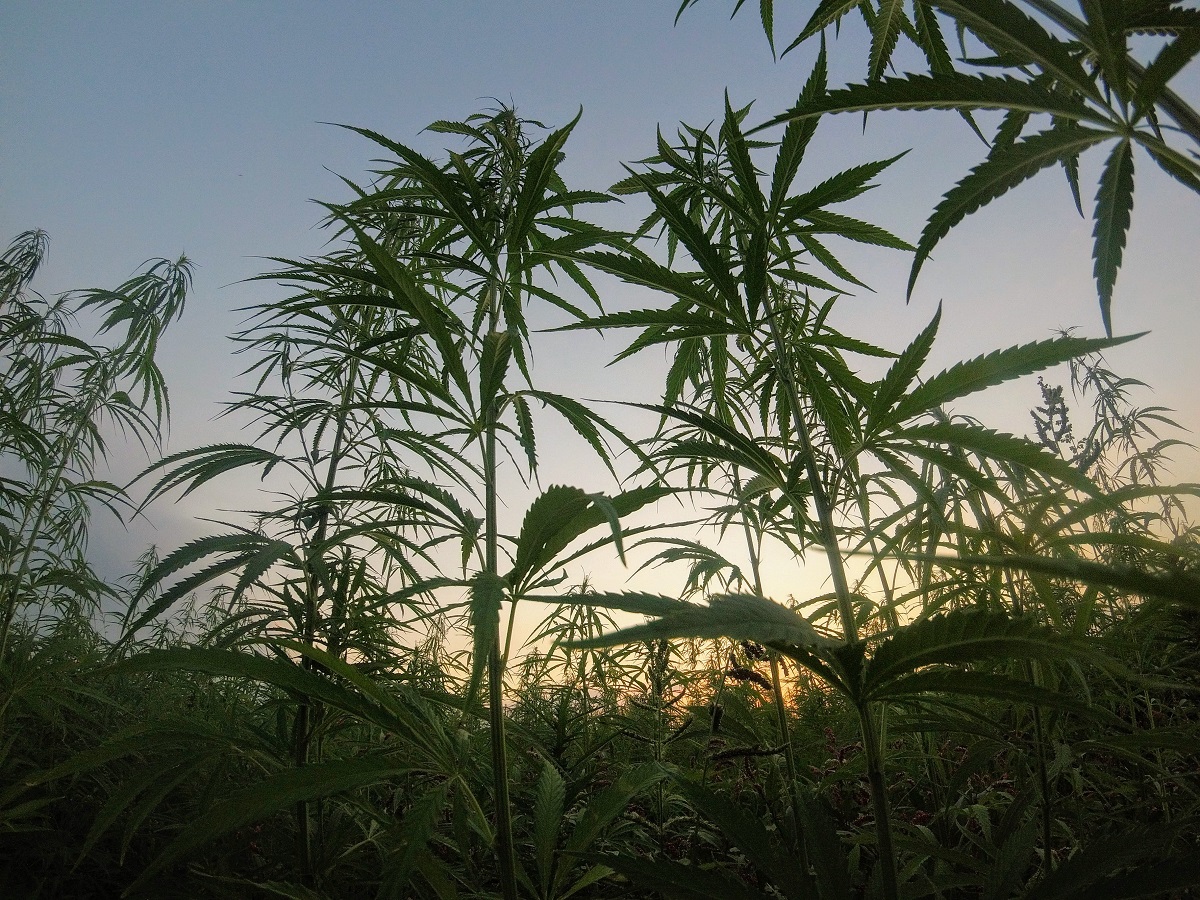In a move to commercially produce sustainable aviation fuels from leftover hemp biomass, Atlantic Biomass and Bionoid signed a Letter of Intent.
The parties highlighted that this cooperation will enable the development of SAF and other bioproducts from harvests of leftover hemp biomass totaling up to 190,000 tons annually.
The initial phase of this initiative will utilize hemp grown on farms in Ecuador as part of the Cannabis Biomass Production Pilot Project that Bionoid has established with the Ecuadorian Center for Environmental Biotechnology (CEBA).
“This agreement with Bionoid launches us on the commercial pathway we need,” said Atlantic Biomass President Bob Kozak, as quoted by Biofuels Digest. “And, we could not have done it without the Maryland Energy Innovation Institute. They took a chance on our lab science and with the Phase I funding we were able to prove it worked when we scaled it up. We can’t wait to build the prototype!”
Ariel Maman, the founder of Bionoid, a global hemp supply and service company built on capital efficiency and rapid growth that focuses on environmentally friendly practices, claimed that the combination of the firm’s Integrated Farmer Program with this extremely straightforward and effective process created by Atlantic Biomass and their associates at the University of Maryland Eastern Shore, The Ohio State University, and Hood College will result in a competitively priced source of sustainable aviation fuel.
“Besides providing a very low greenhouse gas (GHG) renewable jet fuel, we will be able to provide a solid, sustainable income for growers international outside of the often volatile CBD market,” Maman added, Biomass Magazine reports.
Over the three-year period covered by the LOI, revenue from the acquisition of biomass for the manufacturing of jet fuel is expected to total $20 million (USD).
The University of Maryland Eastern Shore Department of Agriculture, Food, and Resource Sciences is expected to collaborate on the primary Phase II prototype testing.
“We’d like to add biomass-to-biofuel processing to their quiver of expertise. This project would not only continue the tradition of building Maryland businesses by exporting Maryland-developed technologies, but it could also build the UMES biomass processing center into an international sustainable biofuel/bioproduct center, a first for an HBCU institution,” Kozak concluded.

